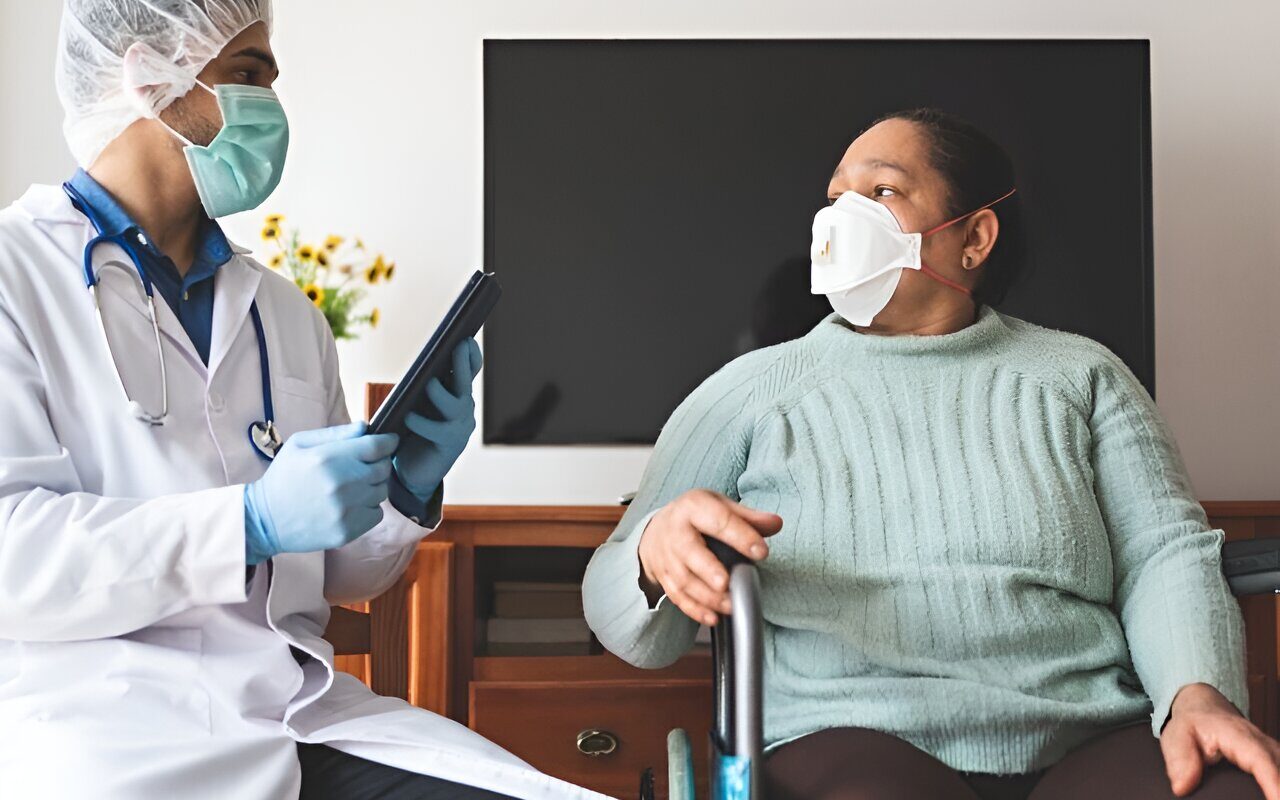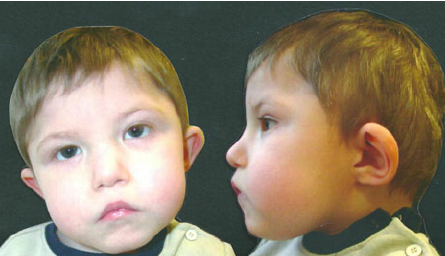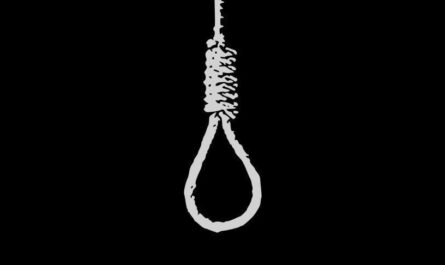National COVID-19 treatment guidelines exhibit significant variations worldwide, with under-resourced countries deviating the most from the World Health Organization (WHO) recommendations, according to a recent study published in BMJ Global Health. The analysis revealed that nearly every national guideline suggested at least one therapy proven to be ineffective.
Since the onset of the pandemic, it has been suspected that national clinical practices for COVID-19 treatment would differ, but these discrepancies haven’t been formally quantified or studied in depth. With COVID-19 continuing to evolve and spread globally, it’s crucial to understand these variations, the researchers emphasized.
To evaluate how closely national clinical practices adhered to the WHO’s 11th version of COVID-19 treatment guidelines (July 2022), the researchers analyzed the content of all 194 WHO member states’ most recent national guidelines at the end of 2022. Each set of guidelines was scored based on how closely they aligned with the WHO recommendations, with extra points awarded for updated guidelines, evidence-based recommendations, and assessments of treatment effectiveness and side effects.
The study found that 109 of the 122 countries with accessible guidelines had significant discrepancies with the WHO recommendations. Countries with fewer resources, as indicated by lower per capita Gross Domestic Product (GDP), Human Development Index (HDI), and Global Health Security Index (GHSI), were more likely to lack formal guidelines or have outdated ones.
The researchers noted that most guidelines (84%) didn’t define COVID-19 severity in the same way as the WHO, and only 10 guidelines (9%) used comparable definitions. Furthermore, most guidelines (77%) didn’t include an assessment of the strength or certainty of therapeutic recommendations.
The most commonly recommended drugs were corticosteroids, with 80% of guidelines recommending them for the same disease severity as the WHO. However, nearly 1 in 10 guidelines didn’t recommend corticosteroids in severe disease despite strong evidence of their benefit. Remdesivir was recommended for severe or critical disease in half the guidelines, but the WHO only conditionally recommends it for mild disease in patients at high risk of hospital admission.
Many guidelines continued to recommend treatments the WHO had advised against, such as chloroquine, lopinavir, ritonavir, azithromycin, vitamins, and zinc. One in three guidelines (36; 33%) recommended at least one neutralizing monoclonal antibody directed against SARS-CoV-2, but these guidelines were issued primarily by wealthier countries.
The study also found that doses of the most commonly recommended drugs varied, and many guidelines hadn’t been updated for more than six months. Guidelines from under-resourced countries diverged the most from the WHO recommendations when stratified by annual GDP, HDI, and GHSI.
The researchers acknowledged several limitations to their findings, including the scoring used to assess the guidelines and the inability to assess all national guidelines. However, they raised concerns about the significant discrepancies in national guidelines for COVID-19 therapeutics and called for a more formalized and structured approach to developing these guidelines to ensure they are grounded in the best available evidence.
The researchers concluded that global health inequalities play a role in the recommendation of ineffective, unaffordable, and unavailable therapies. A systematic and structured approach to developing national guidelines for COVID-19 and other infectious diseases would enhance their credibility and contribute to their effectiveness in guiding public health interventions, especially during a pandemic.
Note:
1. Source: Coherent Market Insights, Public sources, Desk research.
2. We have leveraged AI tools to mine information and compile it.




